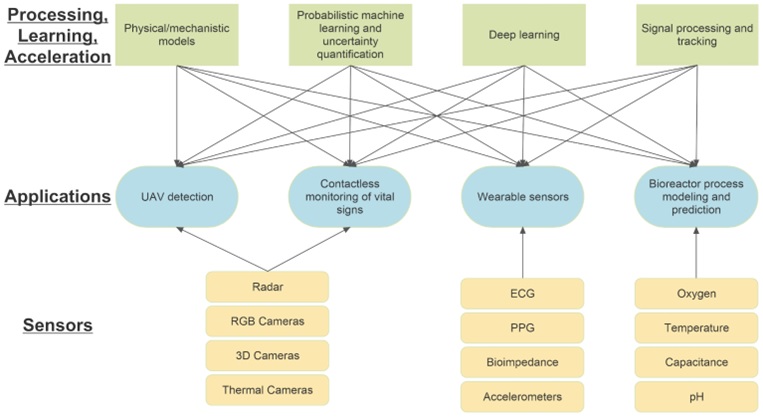
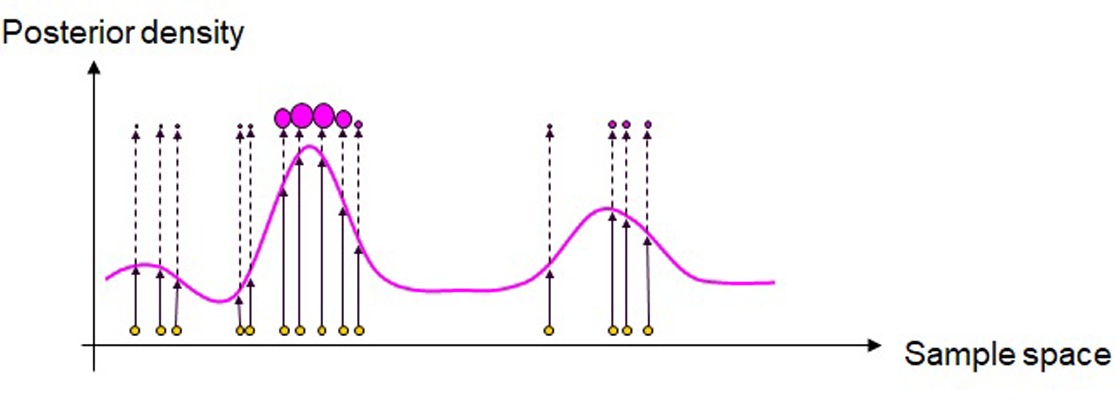
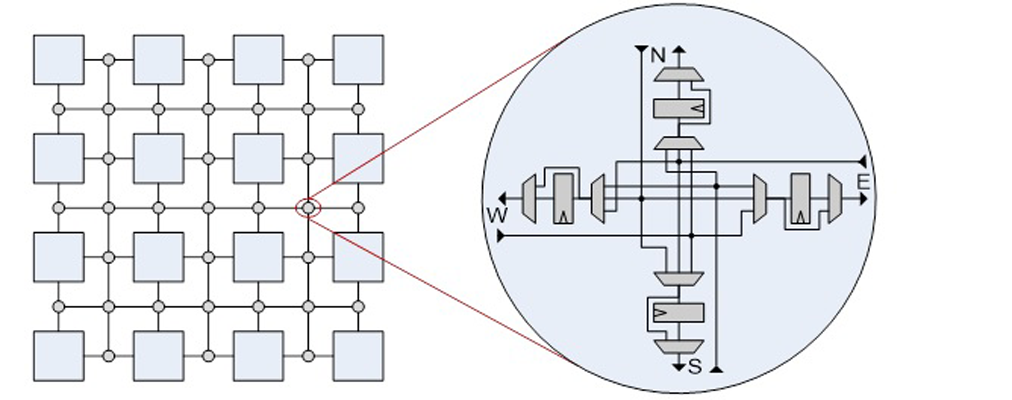
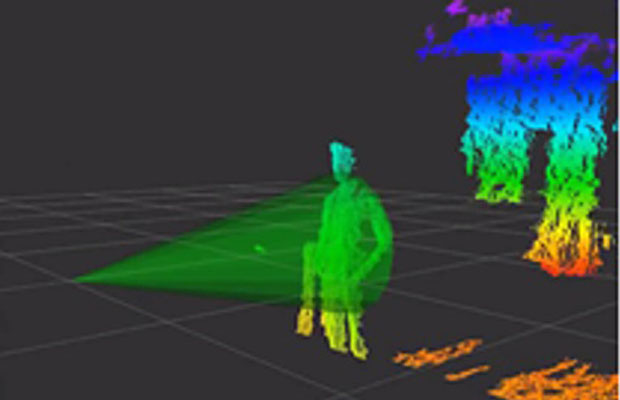
Recently Completed Projects
The order of the projects is based on the time of publication of the most recent paper.
Detection of private information in documents based on federated learning

The overall goal of this project is to train neural network models to extract private information from text including texts from scribed meetings, legal documents, medical data and so on.
Description
Data privacy is a becoming increasingly important with Data Protection Laws in Canada and the General Data Protection Regulation in European Union. The overall goal of this project is to train neural network models to extract private information from text including texts from scribed meetings, legal documents, medical data and so on. These models are supervised and require training data; however, training datasets are themselves subject to privacy. The outcome of this project will be a dataset of documents that contains private information of fictitious people and the labels that correspond to their private information as well as federated learning algorithms for detecting this private information.
Objectives
- Software will be developed that will, for the application of interest, automatically collect pages from Internet and modify them to add privacy information. When private information is generated, the document will be annotated with the label that corresponds to a privacy type including name, email address, address, and affiliation and so on.
- Development and training of the networks for federated learning that can be used to extract private information about people without exchanging data between the multiple sites.
Members
Rajitha Hathurusinghe rhath050@uottawa.ca, M.Sc. student
Dr. Isar Nehadgholi, NRC
Dr. Miodrag Bolic
Industrial Sponsor/Collaborator
IMRSV Data Labs and
Mitacs
Funding: $40,000, 2018-2020
Deep learning applications in natural language processing and recommender systems

Published Papers and Reports
- D. Shapiro, M. Lemay, M. K. MacPherson, K. Yee, M. Bolic, "Sidecar: Augmenting Word Embedding Models With Expert Knowledge," accepted for publication in the Future of Information and Communications Conference (FICC) 2020, San Francisco.
- D. Shapiro, N. Japkowicz, M. Lemay, M. Bolic, “Fuzzy String Matching with a Deep Neural Network,” Applied Artificial Intelligence, Taylor & Francis, 2018, published online at https://doi.org/10.1080/08839514.2018.1448137.
- D. Shapiro, H. Qassoud, M. Lemay, M. Bolic, “Unsupervised Deep Learning Recommender System for Personal Computer Users,” INTELLI 2017, The Sixth International Conference on Intelligent Systems and Applications, France, 2017.
- D. Shapiro, H. Qassoud, M. Lemay, M. Bolic, “Visual Deep Learning Recommender System for Personal Computer Users,” VISUAL 2017, The Second International Conference on Applications and Systems of Visual Paradigms, France, 2017.
Multi-Microphone Signal Processing and Machine Learning
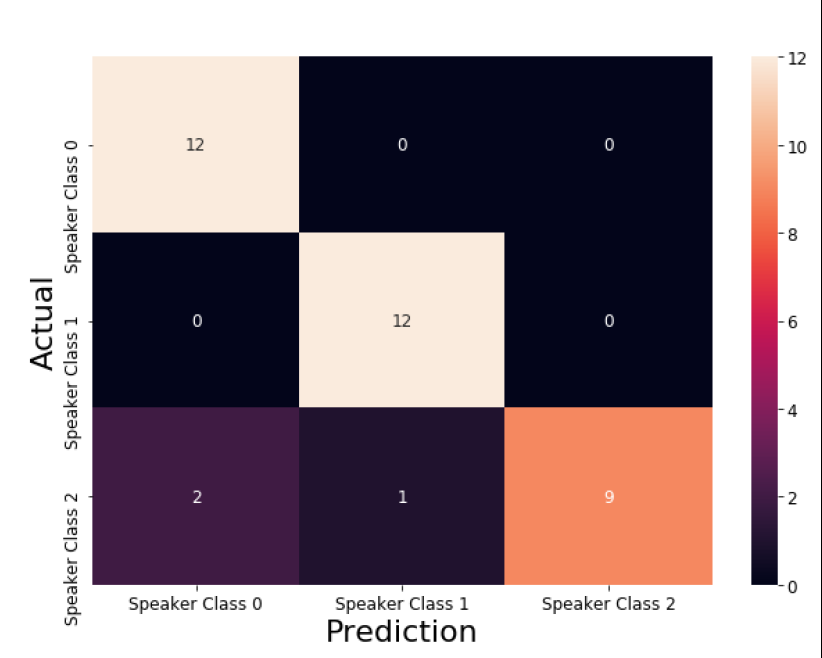
Industrial collaborator
UCIC, Toronto
Funding
NSERC ENGAGE
Published Papers and Reports
- M. Asni, D. Shapiro, M. Bolic, T. Mathew and L. Grebler, "Speaker Differentiation Using a Convolutional Autoencoder," IEEE International Conference on the Science of Electrical Engineering in Israel (ICSEE), Eilat, Israel, 2018, pp. 1-5.
AI Methods for Automated Software Testing

Clustering and prioritization can be done using modern artificial intelligence (AI) algorithms and this is exactly the objective of this project. Therefore, we are going to collect historical data after running test suite in real environment and then to use this data to train the AI models.
Description
In large companies, software codebase is very large and it is changing really fast. The teams spend a lot of time running tests even for very small changes in the code. To find the exact change that caused tests to fall, developers run
every test at every change. However, this is very expensive and very time consuming.
Automated testing should help reducing testing time by prioritizing tests that have higher likelihood to detect problems and by clustering tests into groups so that it is not necessary to run all the tests in each group. Clustering and
prioritization can be done using modern artificial intelligence (AI) algorithms and this is exactly the objective of this project. Therefore, we are going to collect historical data after running test suite in real environment and then to
use this data to train the AI models. Our system will be able to perform online learning even after being deployed.
This project has several research challenges including development of AI algorithms, dealing with very large and complex software developed by Ericsson, and dealing with multiprocessing embedded system that runs on multiple boards.
The system should improve productivity of software developers in Ericsson significantly. In addition, it has potential to improve productivity of any software developers in Canada saving Canadian companies large amount of money.
Members
Dr. Varun Mehta
Dr. Miodrag Bolic
Industrial Sponsor/Collaborator
Ericsson
Funding: NSERC Engage Grant, $25,000, 2019-2020
RFID tag design, localization and protocol research
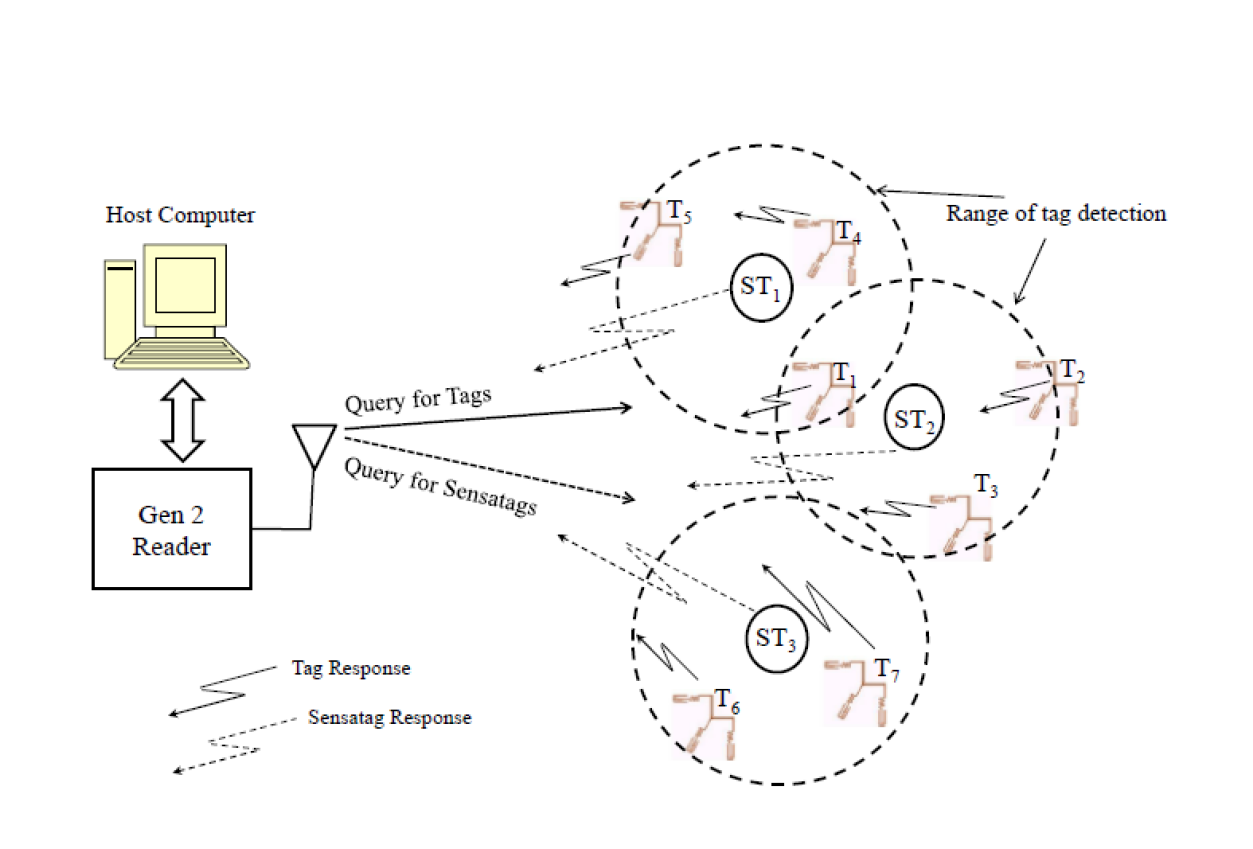
Published Papers and Reports
- J. Wang, M. Bolic, “Indoor localization using augmented UHF RFID system for Internet of Things,” accepted for publication in International Journal of Distributed Sensor Networks, Hindawi, November 7, 2017. https://doi.org/10.1177/1550147717739814.
- J. Wang and M. Bolic, “Accurate Localization Using Augmented UHF RFID System for Internet-of-Things,” ICWMC 2017, The Thirteenth International Conference on Wireless and Mobile Communications, France, 2017.
- M. Rostamian, J. Wang, M. Bolić, “An Accurate Passive RFID Indoor Localization System Based on Sense-a-Tag and Zoning Algorithm,” Ad Hoc Networks, 2017.
- H. Guo, C. He, N. Wang, M. Bolic, “PSR: A Novel High Efficiency and Easy-to-Implement Parallel Algorithm for Anticollision in RFID Systems,” IEEE Transactions on Industrial Informatics, Vol: 12, Issue: 3, pp: 1134-1145, 2016.
- M. Rostamian, J. Wang and M. Bolic, “An accurate passive RFID indoor localization system based on Sense-a-Tag and zoning algorithm,” in Proc. EAI Int. Conf. Ad Hoc Netw. (AdHocNets), Sept. 2016.
- J. Wang, M. Bolic, “Reducing the Phase Cancellation Effect in Augmented RFID System,” International Journal of Parallel, Emergent and Distributed Systems, Taylor & Francis Group, Vol. 30, Issue 6, pp. 494-514, 2015.
- M. Bolic, M. Rostamian, P.M. Djuric, “Proximity Detection with RFID: A Step Toward the Internet of Things,” IEEE Pervasive Computing, Vol. 14, pp. 70-76, 2015.
- J. Wang, M. Bolic, “Reducing Phase Cancellation Effect with ASK-PSK Modulated Stamp in Augmented UHF RFID Indoor Localization System,” the second International Workshop on the Future of the Internet of Things, FOIOT 2015.
- M. Bolic, M. Rostamian, P. Djuric, “Proximity Detection with RFID in the Internet of Things,” 48th Asilomar Conference on Signals, Systems and Computers, 2014.
- Borisenko, M. Bolic, M. Rostamian, “Intercepting UHF RFID signals through synchronous detection,” EURASIP Journal on Wireless Communications and Networking, Vol. 1, pp. 1-10, 2013 http://jwcn.eurasipjournals.com/content/pdf/1687-1499-2013-214.pdf.
- Athalye, V. Savic, M. Bolic and P. M. Djuric, “Novel Semi-passive RFID System for Indoor Localization,” IEEE Sensors Journal, vol. 12, no. 2, pp. 528-537, 2013.
Particle filters and their efficient implementation
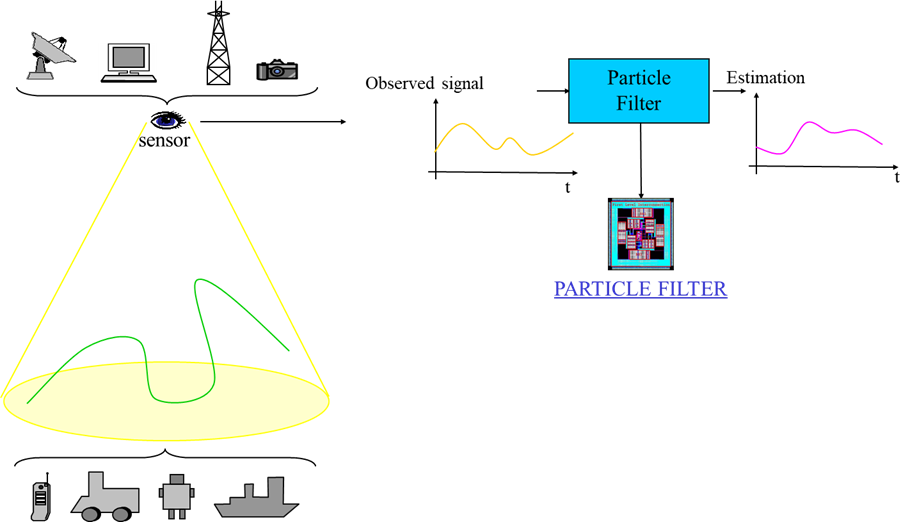
Published Papers and Reports
- T. Li, S. Sun, M. Bolić and J. M. Corchado, “Algorithm Design for Parallel-Processing Implementation of the SMC-PHD Filter,” Signal Processing, Elsevier, Vol. 119, pp. 115-127, 2016.
- T. Li, M. Bolic and P.M. Djuric, “Resampling Methods for Particle Filtering: Classification, implementation, and strategies,” IEEE Signal Processing Magazine, Vol. 32, Issue 3, pp. 70-86, 2015.
Software and hardware acceleration
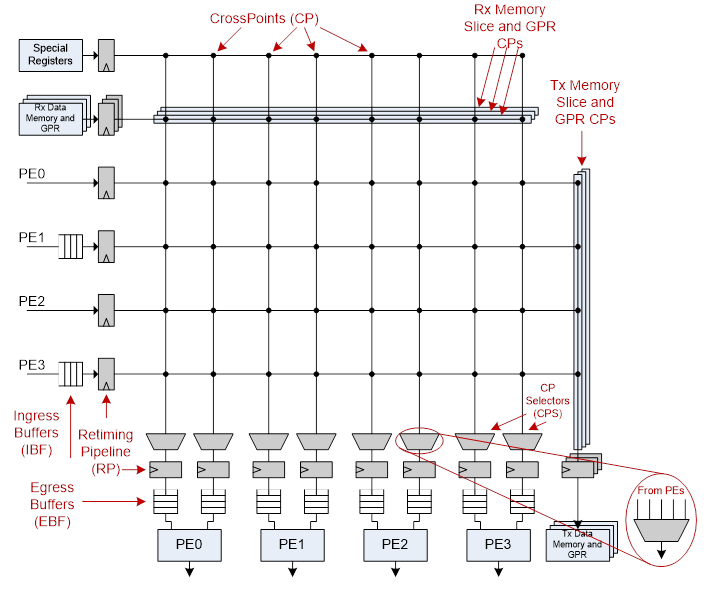
Published Papers and Reports
- B. Bandali, E. Gad and M. Bolic, “Accelerated Harmonic-Balance Analysis using a Graphical Processing Unit Platform,” IEEE Transactions on Computer-Aided Design of Integrated Circuits and Systems, Vol 33, Issue 7, pp. 1017-1030, 2014.
- S. Banerjee, K. Kaushik and M. Bolic. “Threadguide: profiler assisted application adaptation on CMP”. Proceedings of the 5th IBM Collaborative Academia Research Exchange Workshop, 2013. (I-CARE 13) New Delhi, India.
- W. Wang, M. Bolic, J. Parri, “pvFPGA: Accessing an FPGA-based Hardware Accelerator in a Paravirtualized Environment,” CODES+ISSS, Montreal, 2013.
- J. Parri, D. Shapiro, M. Bolic and V. Groza, “Returning Control to the Programmer: SIMD Intrinsics for Virtual Machines,”ACM Queue, Vol. 9 Issue 2, February 2011. The same paper was published in ACM Communications.
